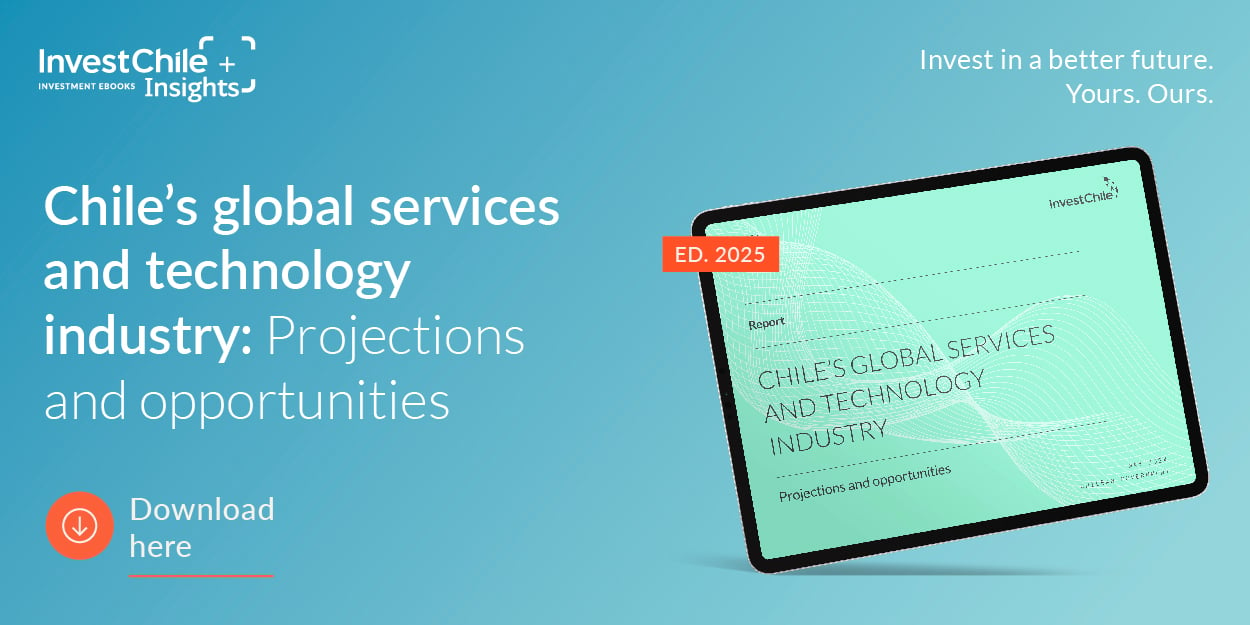[ad_1]
Discover the most suitable immigration categories for foreign investors interested in investing in Chile. Chile, known for its stable economy and attractive business environment, has become a desirable destination for foreign investors. If you are considering investing in this South American country, it is important to understand the process of obtaining a foreign investor visa. In this article, we provide a comprehensive guide to the visas required by foreign investors who want to invest in Chile. We explore the different types of visas available, their specific requirements, as well as the benefits and conditions associated with each option.
Immigration Categories in Chile
Under Law No. 21.325, published in Decree No. 296 on February 12, 2022, three main immigration categories have been established: Transitory Permanence, Temporary Residence, and Permanent Residence.
1. Transitory Permanence (formerly known as Tourist Visa)
Tourists do not require prior authorization or a visa to enter and stay in Chile, except for certain nationalities that require prior authorization granted by a Chilean consulate abroad. This authorization is known as Transitory Permanence. However, Transitory Permanence holders who are already in the country may not apply for residence, unless they meet the specific requirements outlined in article 69 of Law No. 21.325. Additionally, Transitory Permanence holders must prove that they have sufficient means to support themselves during their stay in the country. They are not allowed to engage in paid activities, except in exceptional circumstances where they may request a Work Permit with Transitory Permanence from the National Migration Service.
How to request prior authorization for Transitory Permanence?
For cases where prior authorization granted by a Chilean consulate abroad is required, the request can be made via the Foreign Affairs Ministry’s Consular Procedures portal.
How to request a Transitory Permanence Extension?
The Extension is a discretionary authorization granted to Transitory Permanence holders to prolong their stay in Chile for an additional period of 90 days. The request for extension must be made before the expiration of the Transitory Permanence permit provided on the Single Immigration Card.
What is the cost of a Transitory Permanence Extension?
The holder is required to pay US$100 (equivalent in Chilean currency) for the extension. The request can be made on the portal provided.
How to request a Work Permit with Transitory Permanence?
A Work Permit with Transitory Permanence is an authorization to engage in specific and sporadic work that provides remuneration or economic benefits in Chile or abroad. This permit may be requested by individuals such as members and staff of public shows, athletes, lecturers, advisors, and expert technicians. The request can be made on the provided portal.
2. Temporary Residence (formerly known as Visa Subject to Contract or Temporary Visa)
Temporary Residence is granted to foreigners who can demonstrate family ties or interests in Chile, and whose residence is considered useful and convenient. This category allows the holder to engage in any activity in Chile without limitations, except those established by law, as long as the specific subcategory under Temporary Residence allows it. It is valid for a maximum period of two years.
Subcategories of interest for foreign companies and investors
Within the Temporary Residence category, there are three subcategories that may be of interest to foreign investors:
– Foreigners conducting paid legal activities: This subcategory allows foreigners to settle in Chile temporarily for remunerated legal activities under a relationship of subordination or dependency. The specific requirements must be met to request this type of Temporary Residence through the provided portal. InvestChile sponsorship is required for this subcategory, and a Sponsorship Letter will be issued after verifying compliance with the established requirements.
What are the requirements for an Investor Visa?
The main requirements for an Investor Visa include having a project worth over US$500,000 in the planning or execution phase in Chile, or being a foreign company established in Chile with at least 10% foreign capital that needs to bring specialized technical personnel, investors, management staff, or other essential personnel for operations in the country. The request for a Sponsorship Letter can be made on the page of the Foreign Investment Promotion Agency, InvestChile. After obtaining the Sponsorship Letter, the residence application can be submitted through the National Migration Service portal.
– Multiple entry business permit: This permit is for foreigners who regularly visit Chile for executive management or board meetings related to their businesses or investments in the country. The request for this permit can be made on the provided portal.
3. Permanent Residence (formerly known as Permanent Visa)
Permanent Residence is granted to foreigners who currently hold Temporary Residence and wish to reside indefinitely and engage in any lawful activity in Chile. Temporary Residence holders may apply for Permanent Residence if their subcategory allows it. The application must be submitted before the expiration of the residence permit, which can be done through the provided portal.
If you want to learn more about investing in Chile, check out our article on how to establish your company in the country.
[ad_2]
Source link








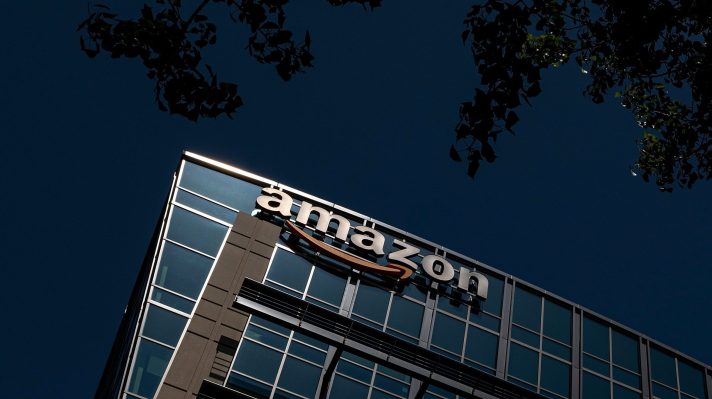
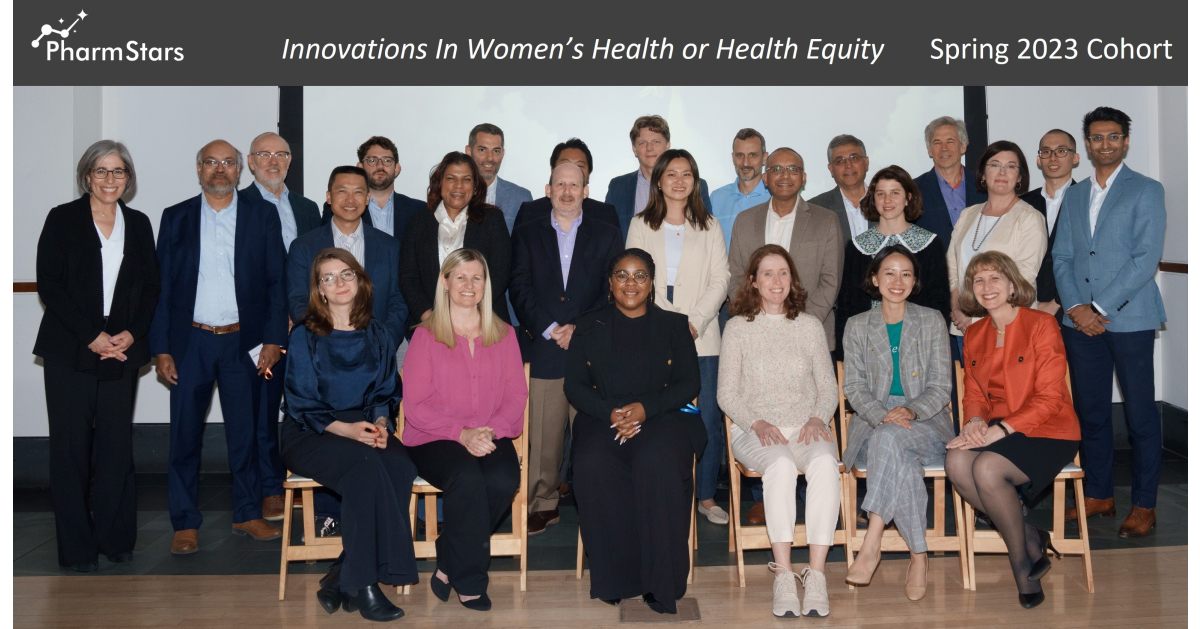
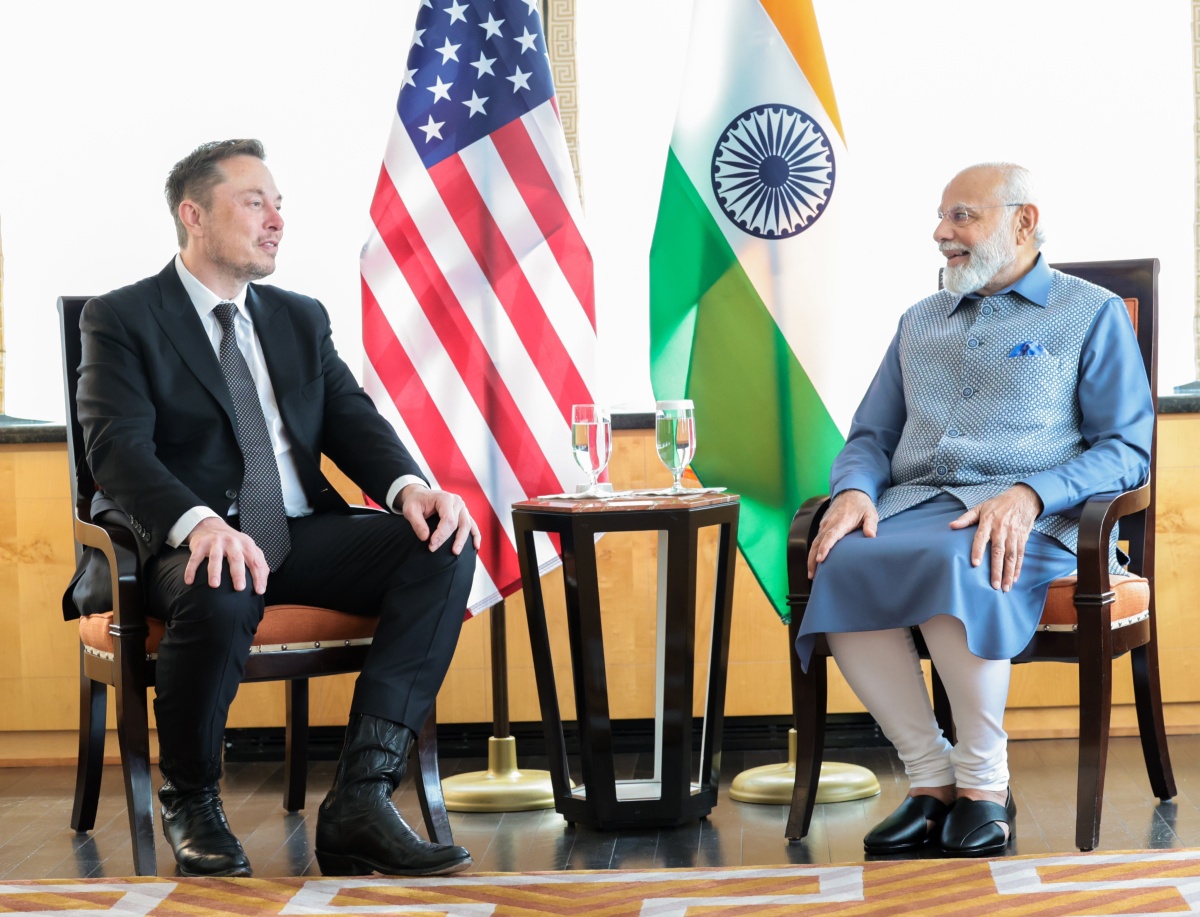
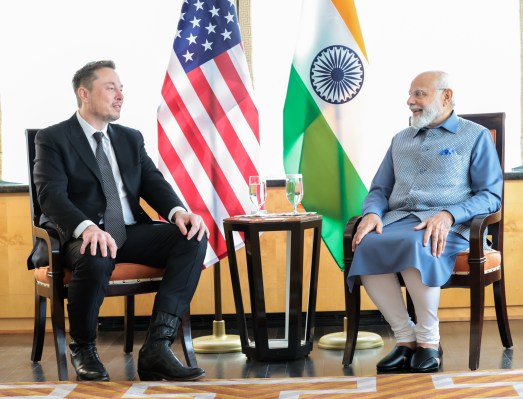







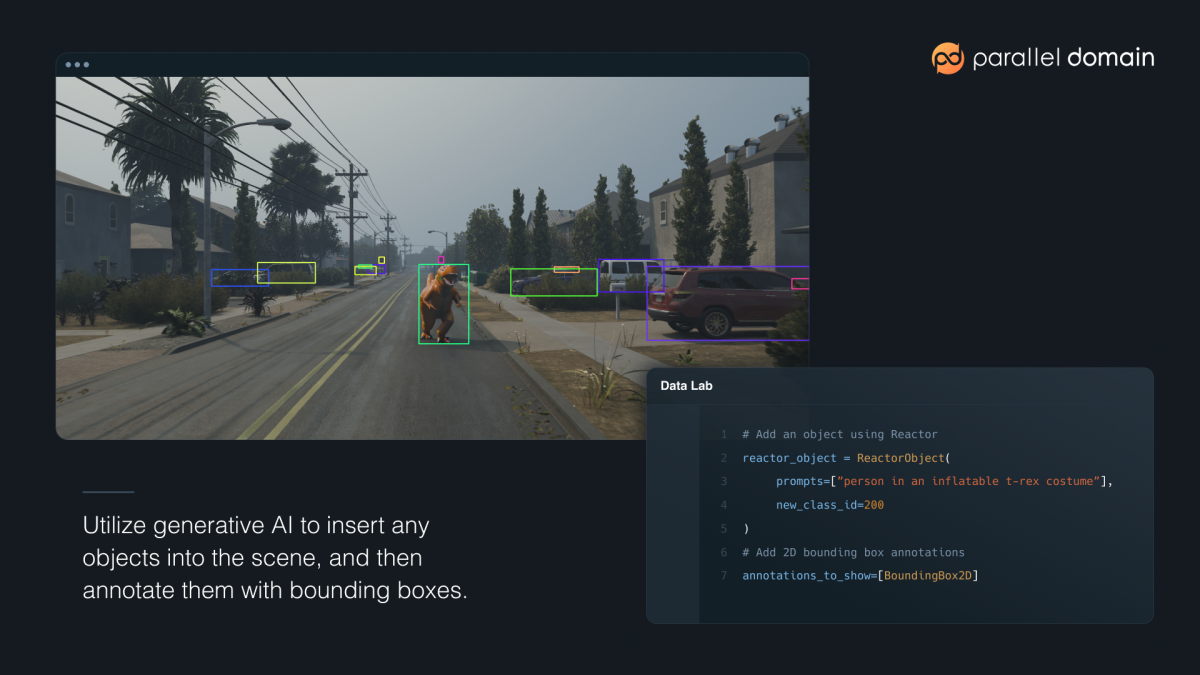
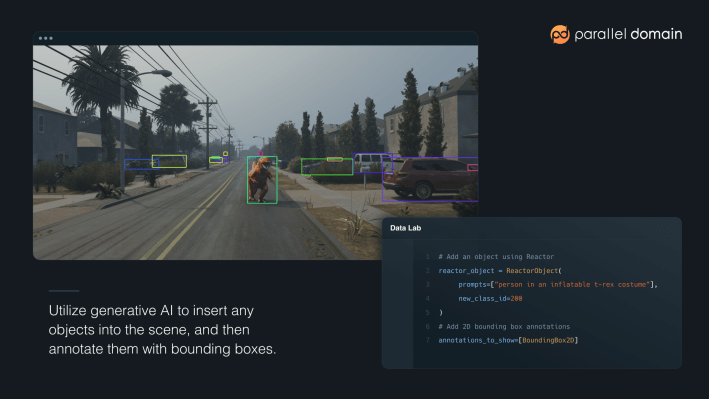

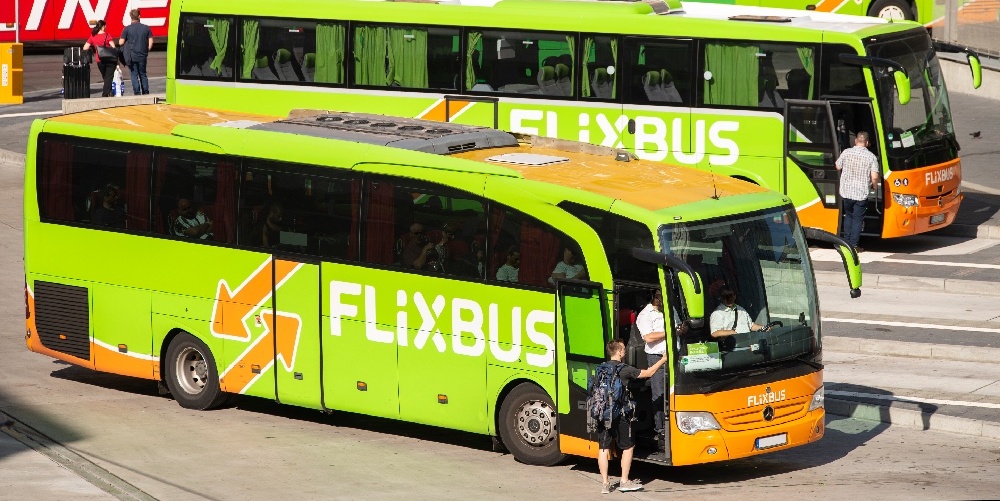
.jpg?width=1000&height=501&name=Flixbus%20(1).jpg)





.jpg?width=998&height=500&name=Data%20(1).jpg)
